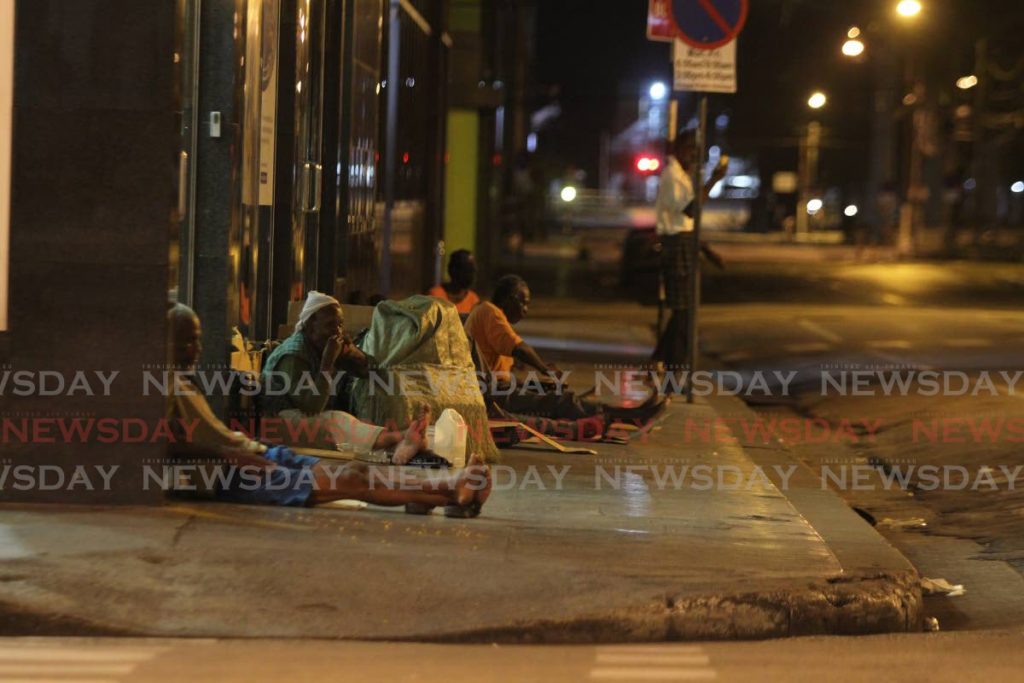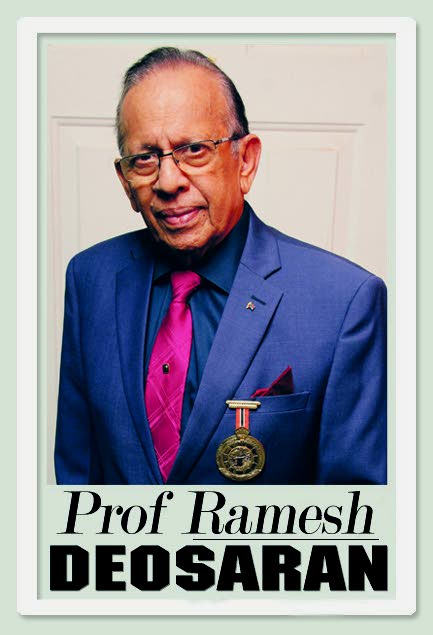The poor are always with us

Covid19 has increased the visibility of poor people across the country, but can you imagine the country’s murder rate passing 200 and house invasions rising during a state of emergency? And deaths from covid19 moving to 1,000 with cases towards 35,000?
The society is in deep misery. It needs inspiration from all those in charge one way or another.
From neighbourhood crimes to everyday struggles, poor people getting hit real hard. These cannot afford security guards, Doberman or pitbull guard dogs, nor expensive fences, burglarproof doors and windows. Poor people seek refuge and consolation more from their church than the police.
I have seen and heard for so many years many poor people asking for help, single mothers especially, anxiously waiting for hampers, pleading for financial help and health services, and using the media to rescue them and their children.
I have seen all this before. Yes, the poor will always be with us. There is no country in the world without some degree of poverty – no matter how you measure it. And no matter how high or low a country’s Gross Domestic Product (GDP) is.
The highly acclaimed Singapore has soup kitchens for its poor. Glamorous Las Vegas has streets of poor people huddling in scrappy tents. The city of beautiful people and high fashion, Los Angeles, has its own ghettos in the shadows.
Huge blocks of poverty are well known in India, Africa and Latin America. Miami and the outskirts of London have their embarrassing share. Members of the European Union too. And while China aggressively pushes its Belt and Road Initiative, it faces criticisms of creating “debt-trapped poverty” in Southeast Asia, Africa and the Caribbean.

So poverty is all around. The current pandemic will more likely add to it. Sorry, but the poor will always be with us. Any politician who promises to “eradicate” poverty should return to Mars.
The UNDP used a Human Development Index (life expectancy, education, per-capita income) and ranked this country rather high, at 67 out of 189 countries.
Yet so many poor people remain highly visible. Recent covid19 experience suggests that the world has become more of a mean and keenly competitive place. International aid is being cut back. Britain last week approved a US$5.5 billion cut.
The message is that countries like ours have to wake up, compete and succeed. The government must re-examine its overly high welfare and subsidy expenditure and convince the young and able-bodied that self-help, entrepreneurship, hard work and competition are the new world for them. Parts of our subsidy and welfare programmes manufacture rather than reduce poverty. Using poverty and dependency as a self-serving political hobby horse has now become self-destructive.
International agencies put Caribbean poverty rate at an average of 30 per cent, with TT’s rate at 20 per cent.
Poverty first arises from a severe lack of food, shelter, clothing and public utilities. The shortcuts used, as convenient as they are, to define and measure poverty, have usually left many in who should be out and many out who should be in.
This has led to a new group of Nobel prize-winning behavioural economists who examine not only money and physical infrastructure but also the deeper psychological and social dynamics that can be used to help alleviate poverty. Persistent poverty, a reduced middle class and widening rich-poor gap continue to pose serious challenges here. In fact, the policy remedies advocated by several independent agencies have not been effectively followed, for example through agriculture or diversification.
The people who were poor 60 years ago didn’t feel as unhappy as those who are poor today. Material prosperity, as narrowly as it has grown, creates discontent among the poor. More that that, today a man without a television or refrigerator in his home will feel poor.
To what extent should people’s feelings about their condition be taken into account for government policy making?
In terms of civil stability, people react and behave according to how they feel and what they perceive, especially in relation to others. This is why fairness, socio-economic equity and social justice are so critical in a democracy.
Rulers who squander or disregard such psychological capital create a frustrated, discontented if not angry society. Playing politics with poverty is unholy and dangerous.


Comments
"The poor are always with us"